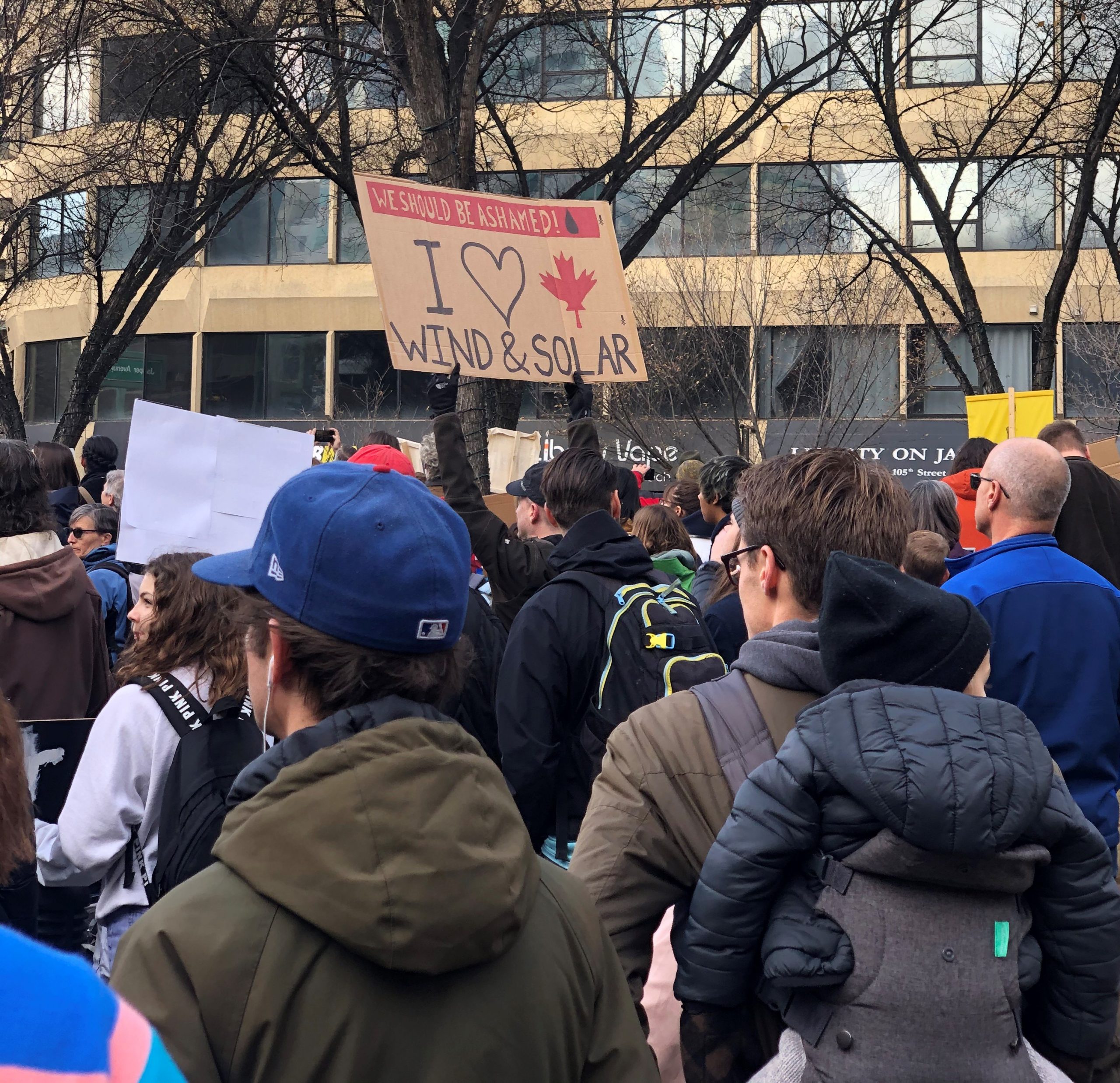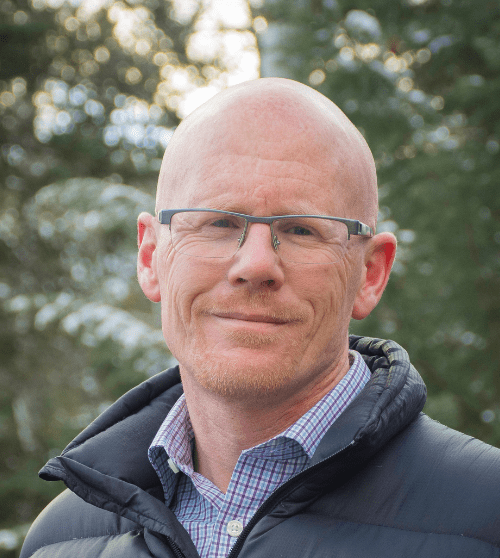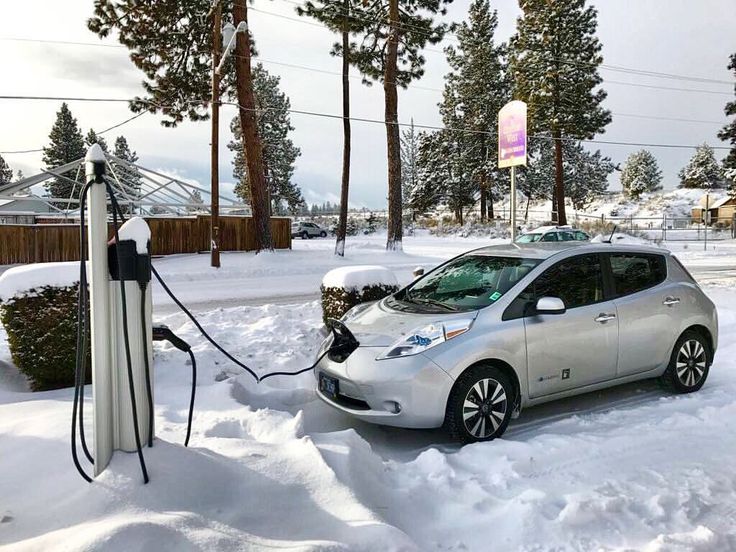Recently, the CBC, working with pollster Janet Brown, released the results of its annual spring report card on Alberta’s political and economic well-being. The top-line results came as a surprise: for the first time in the six years that Brown has been conducting this research, more than half of Albertans reported it being “difficult to meet their monthly household expenses.”
Past polls have indicated high levels of concern about the economy – the broader issues such as taxes, unemployment and investment – but in 2024, those concerns have narrowed to become hyper-local. Families are worried they won’t be able to afford food, utilities, or rent, and the notion that anybody under the age of 40 will be able to purchase a house anywhere besides Wayne, Alberta is growing more distant each month.
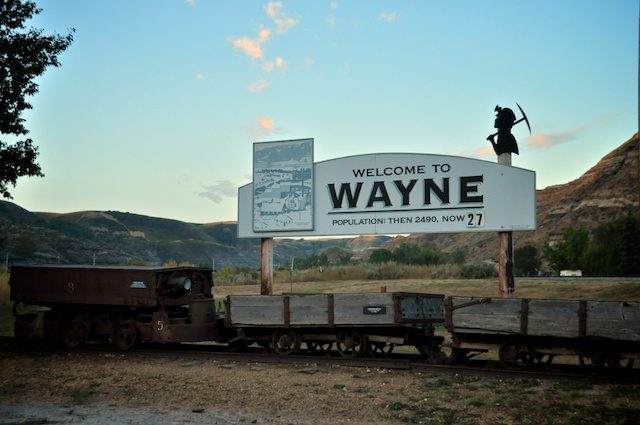
Another recent poll conducted in Ontario by Liaison Strategies for the National Ethnic Press and Media Council of Canada found that most respondents felt that affordability was more important than climate action. Current analysis of many surveys and polls from the past few years shows that Albertans double down on that sentiment. The reality, however, is that climate action and affordability go hand in hand.
We really can have our cake and eat it too when it comes to addressing climate change and affordability. What we can’t have, if you’ll allow me to stretch the metaphor, is a chef in the provincial government kitchen, who refuses to bake the cake in the first place.
Alberta: Speak Up For a SAFE Climate: Take Action Here
How Climate Action Makes Life More Affordable
Renewable energy, including solar and wind power, is much cheaper and less polluting than burning fossil fuels such as natural gas, oil and coal. As we move away from polluting fossil fuels, investing in renewable energy is key to a cleaner and more affordable future. Solar panels and wind turbines produce electricity much more cheaply than gas turbines, coal plants and oil burners. The price of solar has dropped 90 per cent in 10 years, while wind power has dropped 70 per cent.
Clean Energy Canada has calculated that the average Alberta family would save $600 on their utility bills alone if we were to add significantly more renewable power, transmission and battery storage to our provincial energy grid. That’s not chicken feed.
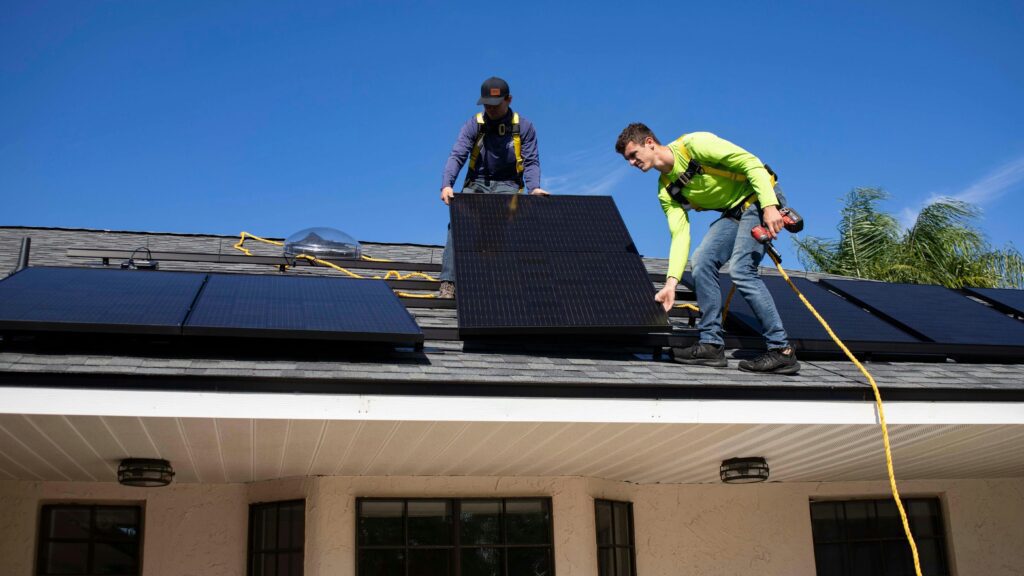 Building communities where people can walk, bike or take public transit to work, school and shopping will lead to a more affordable and cleaner future. The current upzoning debate in Calgary is aimed to do just that. Low-income families, new Canadians, Indigenous Canadians and Gen Z demographics are the hardest hit by the affordability crisis, and they are the folks who would gain the most through a blanket upzoning in Calgary. New housing options, including additional mixed residential, condominium, and affordable housing could open doors for those with fewer financial options. At the same time, blanket upzoning would reduce price speculation and political interference by City Council.
Building communities where people can walk, bike or take public transit to work, school and shopping will lead to a more affordable and cleaner future. The current upzoning debate in Calgary is aimed to do just that. Low-income families, new Canadians, Indigenous Canadians and Gen Z demographics are the hardest hit by the affordability crisis, and they are the folks who would gain the most through a blanket upzoning in Calgary. New housing options, including additional mixed residential, condominium, and affordable housing could open doors for those with fewer financial options. At the same time, blanket upzoning would reduce price speculation and political interference by City Council.
Better windows, more insulation and switching to an electric heat pump for heating will make homes and apartments much cheaper and more comfortable to live in. Governments should do more to help retrofit homes and buildings, especially for lower-income people. Previous Alberta governments provided a range of incentives. Today, there isn’t a single provincial incentive for energy conservation on the books in Alberta.
Climate Disasters Could Cost Us Plenty
If there is concern around the kitchen table about how to pay the utility bill and rent next month, there should be comparable concerns around Calgary board tables and the Alberta Cabinet Table. A report released by researchers from the Potsdam Institute for Climate Research, a German think tank, calculated the cost of anticipated climate disasters in more than 1,600 communities worldwide. The research was published in Nature in April of this year.
The short story: Climate change is on track to cost the global economy $38 trillion a year in damages within the next 25 years. Remember that in 2015 – ah, those heady days of climate action – the Paris Agreement estimated that the world would need to spend a paltry $6 trillion a year to meet climate thresholds signed there. A stitch in time saves $32 trillion.
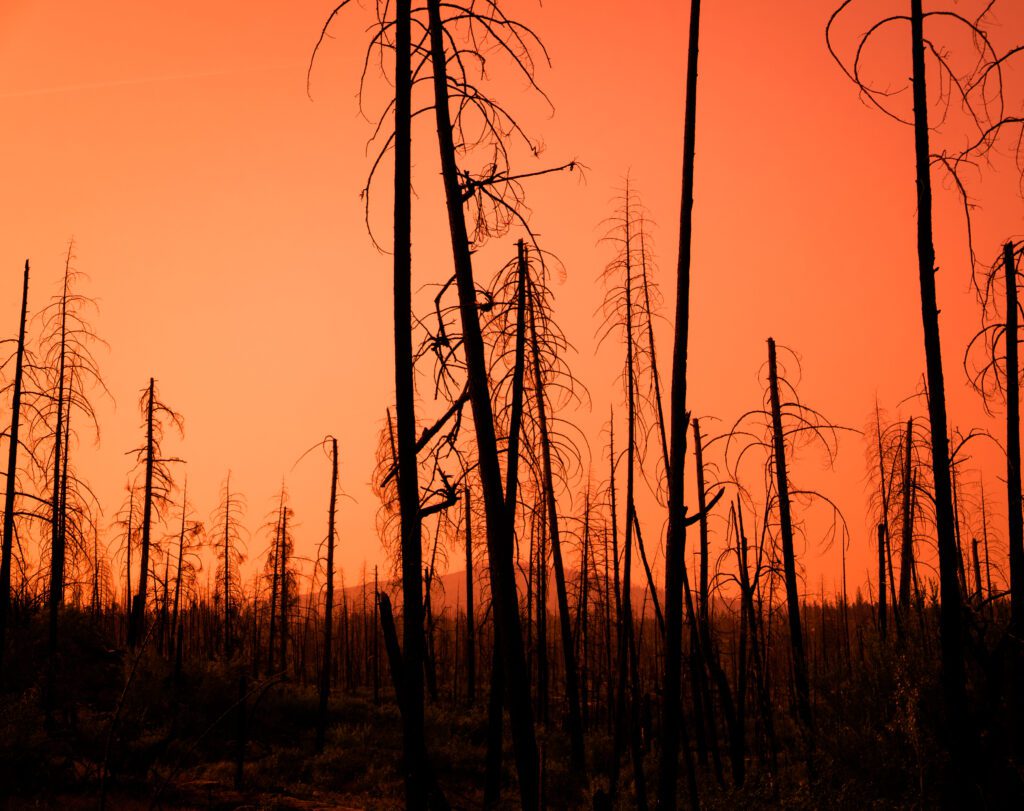
According to Forbes Magazine: “Importantly, as the model only factored in data from previous emissions, these costs can be considered something of a floor and the researchers noted the world economy is already “committed to an income reduction of 19 per cent within the next 26 years,” regardless of what society now does to address the climate crisis.”
Making life more affordable, and more pleasant, in a warming world
The global impact of climate change will increase families’ concerns about affordability in the coming decades. Around the time that today’s young people are starting families, trying to buy a house, and taking a little vacation with their rug rats, the crushing weight of climate change-linked inflationary costs may suffocate them at their own kitchen tables.
It doesn’t have to be this way. In Alberta a few well-developed public policies can help alleviate the stress on our pocketbooks while addressing the future shock we will feel as climate change amplifies the strain on water, energy, food, transportation, health care, emergency services, insurance, and utility costs.
Here are three things Alberta should do right away:
- Reverse the ill-considered renewable energy restrictions ushered in after the moratorium and invest in the sector significantly. In the last three fiscal years, the government of Alberta has provided $4.8 billion in subsidies to the oil, gas and coal industries. Shifting that $4.8 billion from the most polluting industry on earth, to clean, green renewable energy sounds like a good start.
- Restore and enhance the programs designed to encourage home energy retrofits, the installation of solar power, and the use of heat pumps to reduce energy bills and reduce greenhouse gas emissions. The 2022 Energy Efficiency scorecard from Efficiency Canada placed Alberta 9th out of eleven jurisdictions measured. This is a massive business opportunity that Alberta is ignoring because it threatens its convenient story of being an oil and gas province.
- Create walkable, livable cities, with bike lanes, convenient mass transit, lots of green places to act as heat sinks, neighbourhoods with markets and offices and medical facilities close at hand, and incentives for well-designed multi-story residential structures that feel like home to their dwellers.
These are all provincial policy initiatives that the Alberta government could undertake, given their oft-stated interest in safeguarding their jurisdiction, while supporting the “energy” sector. What can we do? Tell them this is important. Use our action letter to reach out to your provincial MLA to voice your concerns. Talk to your neighbours. Remind people that climate action and affordability are cut from the same cloth.
Take Action: Speak Up for a SAFE Climate



